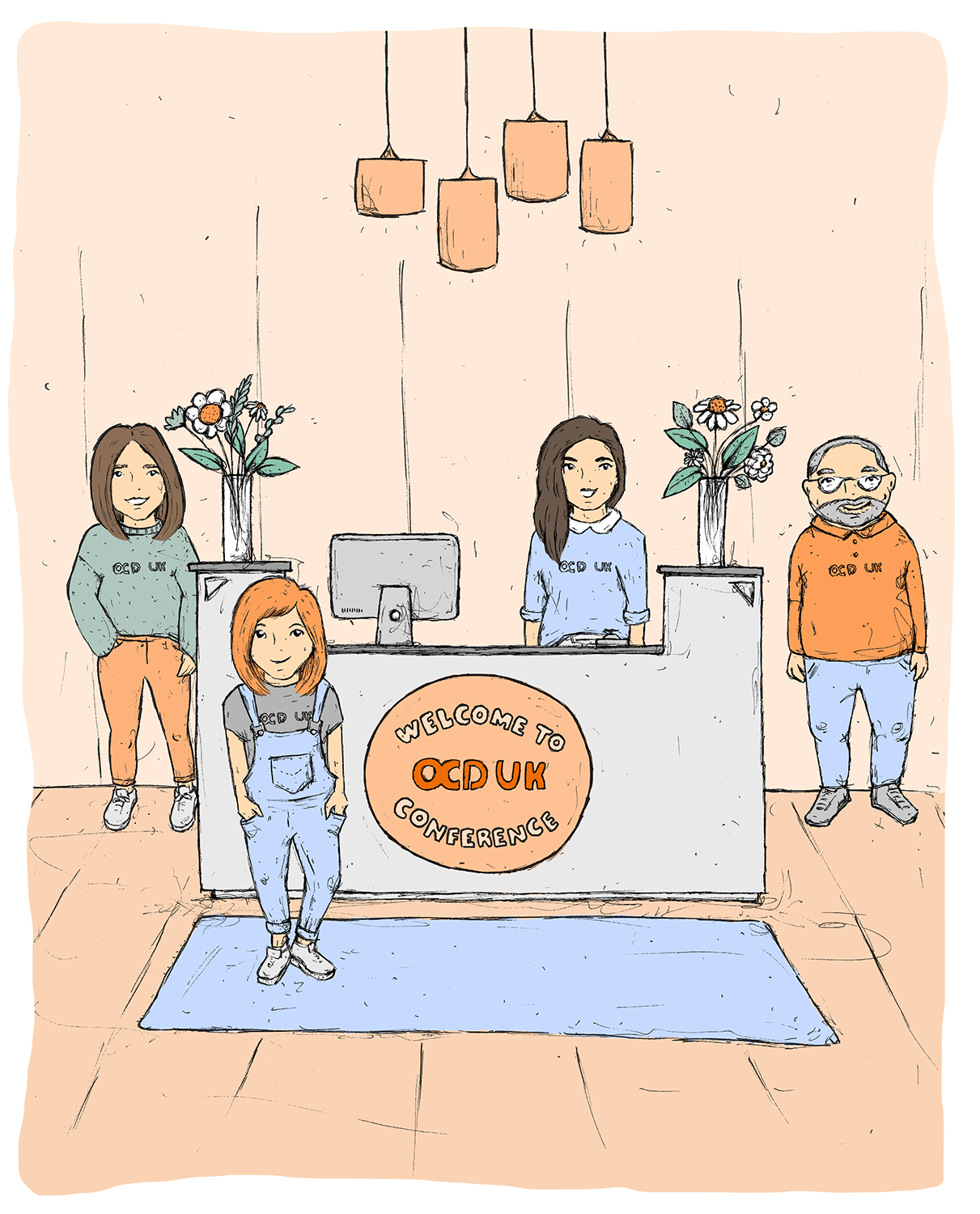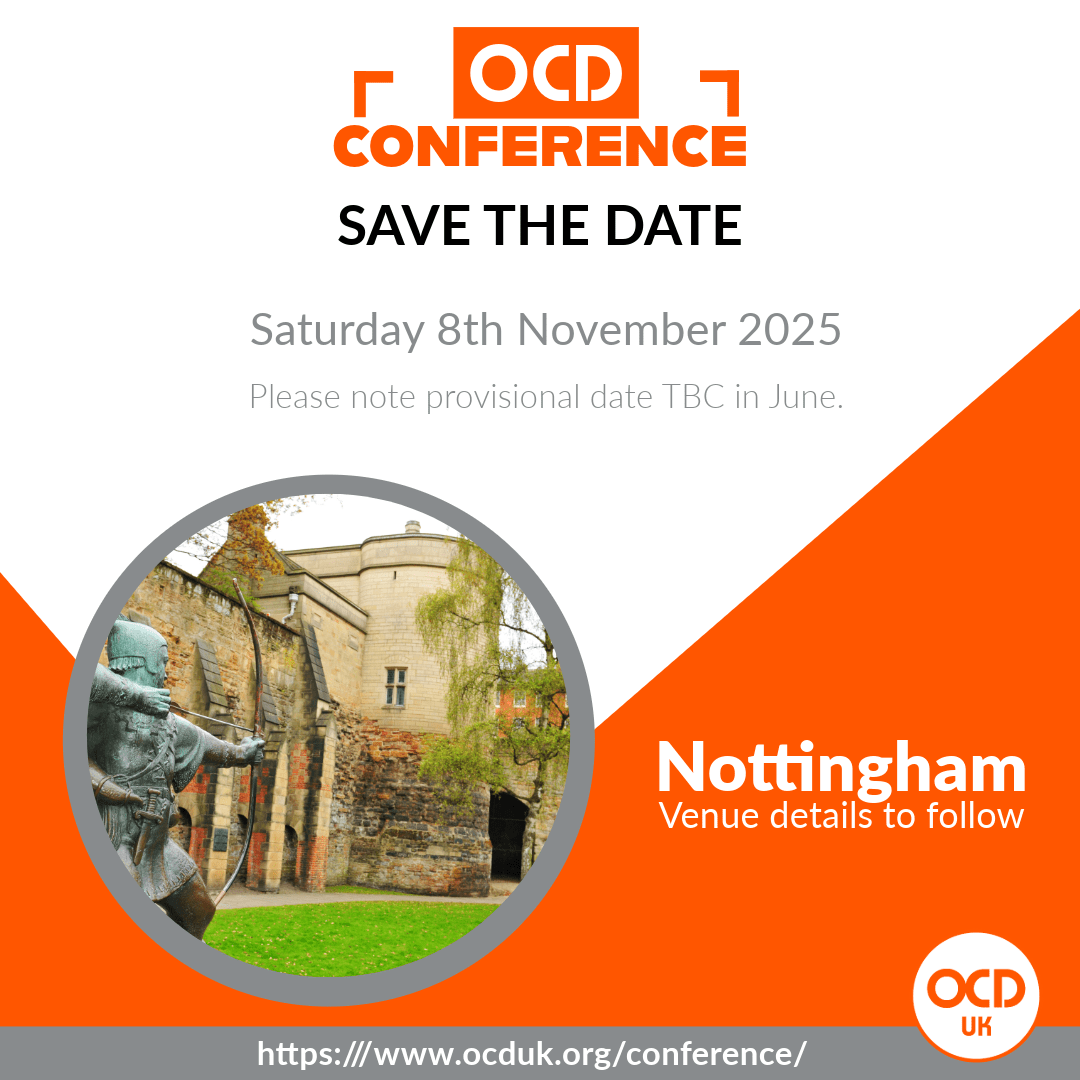OCD-UK Virtual Presentation Webinar Series

Is it always bad to worry or can worry be useful? Understanding excessive worry and Generalised Anxiety Disorder
hosted by
Ashley Fulwood of OCD-UK
Presentation subject
It is normal to worry. Maybe we should even be concerned if we did not worry at all! Worry can be understood as an attempt to solve a problem or figure out how to deal with a threat – and as such it can be helpful. However, our worries can become excessive and cause us great distress, sometimes leading to an anxiety problem that we call generalised anxiety disorder.
In this presentation we will discuss
- the difference between normal and excessive worry in general
- the symptoms of generalised anxiety disorder
- what is common and different with generalised anxiety disorder and OCD
- how cognitive-behaviour therapy can help us manage our worries.
Sævar is a clinical psychologist working within primary health care in Iceland where he provides evidence-based assessment and treatment for adults with anxiety and/or mood disorders. He is also a PhD student at Reykjavik University where he is looking at how we can better understand the experience of people with generalised anxiety disorder in order to inform treatment. As a clinical psychologist in primary health care Sævar has extensive experience of working with people with for example generalised anxiety disorder, major depression, and chronic physical problems (such as fibromyalgia). Sævar has a special clinical and research interest in the cognitive theory of emotional problems and how it can be applied to work in collaboration with the patient to build an alternative, less threatening understanding of the problem and find new ways to manage and cope with it.
If you do find this presentation helpful, please consider making a small donation to help cover our technology platform costs.

The OCD-UK Diversity and Inclusion Charter
Irrespective of age, disability, gender, country of origin, race, religion or sexual orientation, everybody is welcomed and respected equally when using, attending and contributing to the OCD-UK online conference and support groups.
Data Policy
By registering for one of our webinar presentations you do so accepting our data policy on the sharing of data between Zoom (our provider of meeting services) and OCD-UK. We take your supplied registration data (name and email address) from zoom and store securely. OCD-UK will store your data for up to 12 month but can be removed upon request prior to that. Your data will not be used by OCD-UK for any other marketing purposes other than sending information about the webinar presentations you register for and inviting feedback about these presentations. Click here to view our full data and privacy policy.























